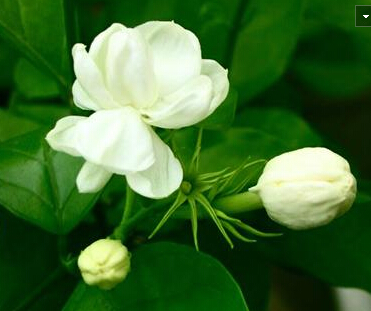
Made from jasmine flowers blooming in spring and tea leaves, it combines the fragrance of spring blossoms with the refreshing taste of tea, offering a sweet and pleasant flavor—this is jasmine tea.
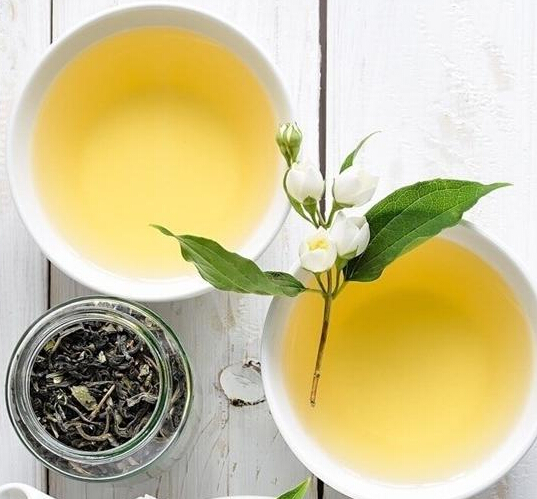
As widely known, jasmine tea is a favorite in spring, with its beautiful form and delightful aroma. Regular consumption can beautify the skin, promote digestion, clear the mind, and resist bacteria and viruses. The Song Dynasty poet Jiang Kui praised it in his poem "Jasmine": "If I were to compile a list of flowers in the future, I would rank it as the first fragrance in the world."
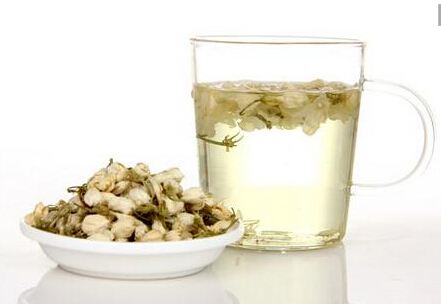
Though hailed as the "first fragrance in the world," jasmine tea is not suitable for everyone to enjoy freely. Those who should avoid it are advised to drink it sparingly or not at all.
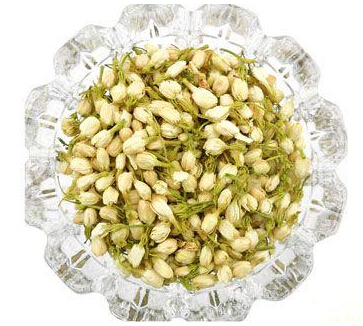
Jasmine tea is a relatively cooling floral tea beverage. People with weaker constitutions or cold body types should not drink it frequently or at all.
Those under stress or suffering from insomnia should avoid drinking jasmine tea often, especially before bedtime, as the caffeine in jasmine tea can stimulate the brain and make it harder to fall asleep.
Individuals who are easily excitable, sensitive, have poor sleep quality, or are physically weak should limit or avoid drinking tea in the evening.
People with deficiencies, such as blood deficiency, should not drink jasmine tea regularly, as certain elements in floral tea may hinder iron absorption.
Patients with severe illnesses should also avoid jasmine tea, as it may cause physical weakness and coldness, affecting treatment.
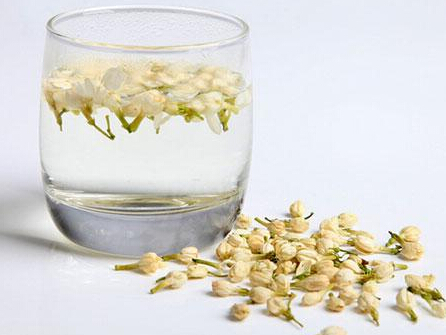
Jasmine tea should not only be consumed selectively but also in moderation. Everything should be enjoyed within limits; even the most delicious and nutritious foods can harm our bodies if consumed excessively.